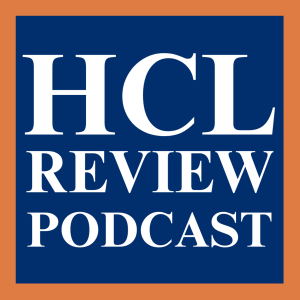
Tuesday Nov 05, 2024
Tailoring Well-Being Programs for Optimal Impact, by Jonathan H. Westover PhD
Abstract: This article explores strategies for achieving optimal outcomes through workplace well-being programs. It discusses defining success across multiple impact dimensions including participation, behavior change, health outcomes, and organizational costs. A research-backed framework is provided for tailoring program design based on unique organizational culture factors such as industry, size, values, and generational mix. Behavioral science principles are also outlined for strengthening employee engagement through tactics like social support, gradual goal-setting, feedback mechanisms, and offerings that provide pleasure and autonomy. Real-world case examples from diverse industry settings demonstrate effective application. The brief concludes with recommendations for ongoing program stewardship including evaluation, leadership buy-in, community building, communications, and continuous improvement efforts. The goal is to help practitioners maximize returns from their wellness investments.
No comments yet. Be the first to say something!